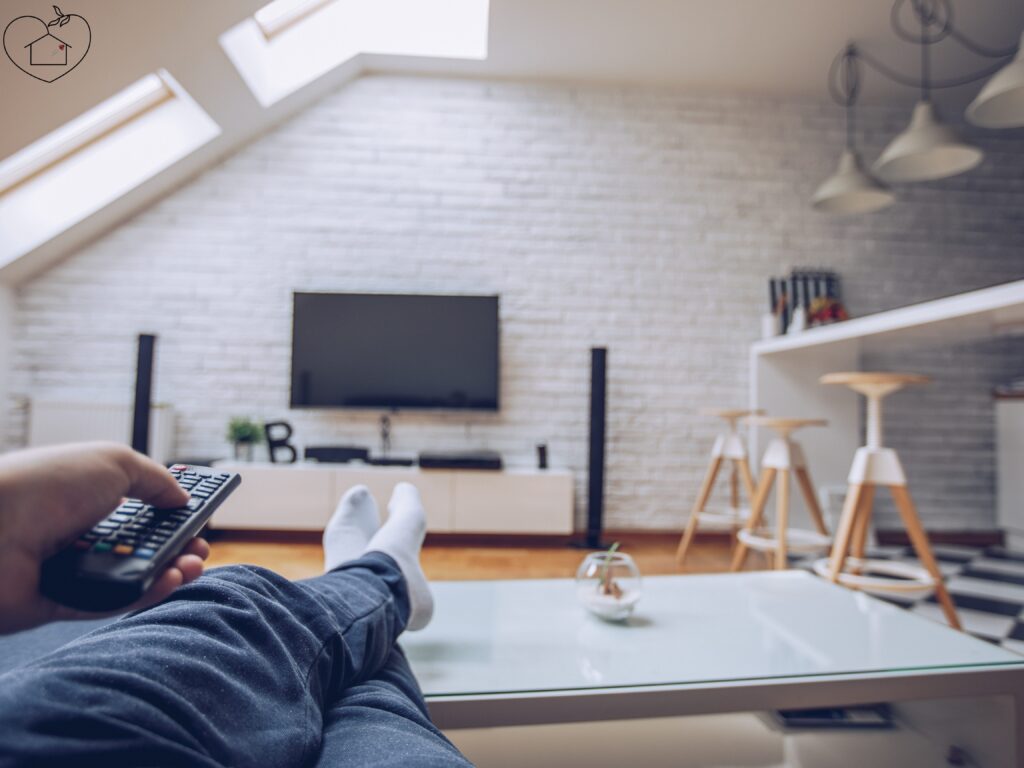Living alone can be a transformative experience, offering both challenges and rewards. Many people wonder about the ideal age for adopting this lifestyle and what psychological research indicates.
The ideal age for living alone varies for everyone, but many experts agree that mid-20s to early 30s is a healthy range. This period often marks a transition into full adulthood, where individuals have typically completed their education and started their careers. It’s a time when many people feel ready to take on the responsibility of managing a household independently.
Psychologists, including those from the school of thought of renowned psychologist Carl Jung, suggest that living alone can be a significant step in personal development. Jung emphasized the importance of individuation—the process of becoming aware of oneself as an independent individual. Solitude can facilitate this process by providing a space for self-reflection, autonomy, and personal growth.
Let’s take a closer look at these aspects and consider the advantages and disadvantages.
Table of Contents
ToggleAdvantages of living alone
Independence and Self-Reliance
Living alone helps develop a strong sense of independence. You make all the decisions about your living space, routines, and lifestyle. This autonomy helps build confidence and self-reliance, essential traits for personal growth.
Personal Space and Privacy
Having your own place means you can create a sanctuary that reflects your tastes and needs. Whether it’s decorating your space or establishing your daily routines, it allows for complete personalization without the need for compromise.
Improved Self-Awareness
Solitude offers a unique opportunity for self-discovery. Without the constant presence of others, you have the chance to comprehend your likes, dislikes, strengths, and weaknesses better. This self-awareness is crucial for personal development and mental well-being.
Better Focus and Productivity
With fewer distractions from others, you can concentrate more effectively on your work, hobbies, or studies. This increased focus can lead to greater productivity and the ability to achieve your personal and professional goals more efficiently.
Mental Health
For many, living alone can reduce stress and anxiety associated with household conflicts. It provides a peaceful environment where you can unwind and recharge, contributing positively to your mental health.

Disadvantages of living alone
Loneliness and Isolation
One of the biggest challenges of living alone is dealing with loneliness. Without regular social interactions at home, feelings of isolation can creep in, which can negatively impact mental health. It’s important to seek social connections outside the home to mitigate this actively.
Increased Responsibility
Managing a household alone means taking on all responsibilities, from paying bills to maintaining the home. This can be overwhelming, especially if unexpected issues arise, such as repairs or financial challenges.
Safety Concerns
It can sometimes make you feel vulnerable, especially in terms of safety. Taking precautions, like securing your home and staying aware of your surroundings, is crucial for your safety and peace of mind.
Financial Strain
Living alone can be more expensive than sharing expenses with roommates or family. Rent, utilities, and groceries all add up, and managing these costs on a single income can be challenging.
Limited Emotional Support
When you live alone, there’s no one immediately available for emotional support during tough times. While friends and family can provide support, they may not always be available when needed, making it essential to develop strong coping mechanisms.
Living alone offers a unique blend of independence and responsibility. By comprehending the advantages and disadvantages, you can make an informed decision about whether this lifestyle is right for you. It’s crucial to find a balance that works for you and remain open to the process of self-discovery and growth.
And what does scientific research say about this?
Living alone can have both positive and negative impacts on an individual’s well-being, depending on various factors such as age, social support, and personal preferences.
Here are some research results:
- Living alone does not necessarily lead to poor mental health. Studies have found that unmarried individuals who live alone may experience better mental health than those who live with others, as they are less likely to partake in maladaptive behaviors such as drug and alcohol use. (Hughes & Gove, 1981).
- Older adults living alone often participate more in social and leisure activities, which can mitigate some negative effects on psychological well-being and even reduce mortality risks (Gu et al., 2018).
- Elderly individuals living alone often exhibit higher levels of depressive symptoms, with this effect being more pronounced in men than in women. This is independent of other variables, such as social support and financial strain (Dean et al., 1992).
- Living alone is associated with increased loneliness and decreased psychological well-being among older adults, which can exacerbate feelings of distress and lower overall life satisfaction (Lim & Kua, 2011).
- Social integration and the quality of personal networks significantly influence the well-being of individuals living alone. Those with diverse and supportive networks tend to experience less loneliness and better mental health (Kersten et al., 2023).
Conclusion
Living alone can be both beneficial and detrimental to an individual’s well-being, largely influenced by factors such as age, gender, social support, and personal coping strategies. Adequate social interactions and participation in activities can help lessen negative effects.
Watch and Read!
FAQ
Many experts suggest the mid-20s to early 30s as a healthy range, but it depends on individual readiness.
Create a budget, find affordable housing, cut unnecessary expenses, save on utilities, cook at home, take on a side job, build an emergency fund, and use public transportation.
It can be more costly than sharing expenses, so budgeting and financial planning are crucial to managing living alone successfully.

